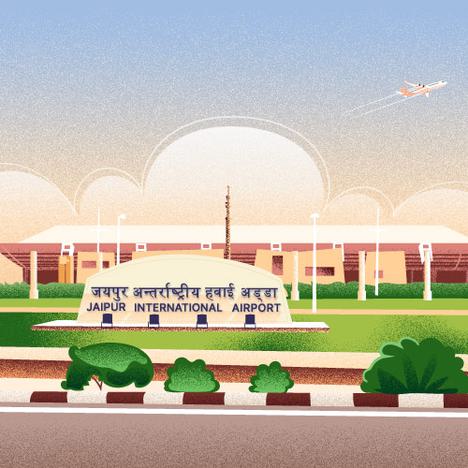Whenever there is a requirement for a Personal Loan, there are a host of options available in the market. At first, one turns towards banks for any kind of loan which seems the most logical option. Then there are private lenders which are often called NBFCs or Non-Banking Financial Companies which also offer these loans. The difference between these two lending bodies is often confusing to an ordinary person who doesn’t understand financial business. In this write-up, let us try to understand the nuances of applying for a Personal loan from different types of financial lenders so that you can make the right decision for yourself.












